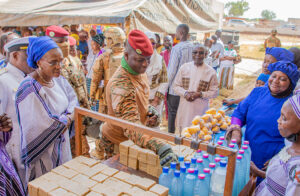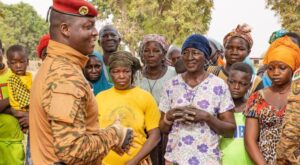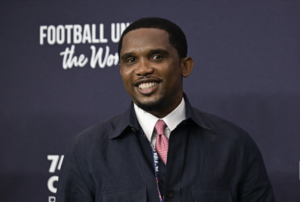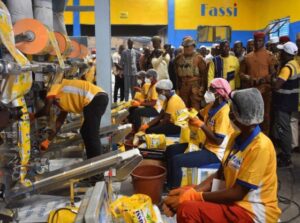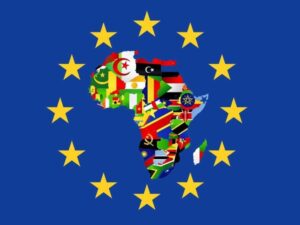Burkina Faso: Human capital and social equity at the core of national development
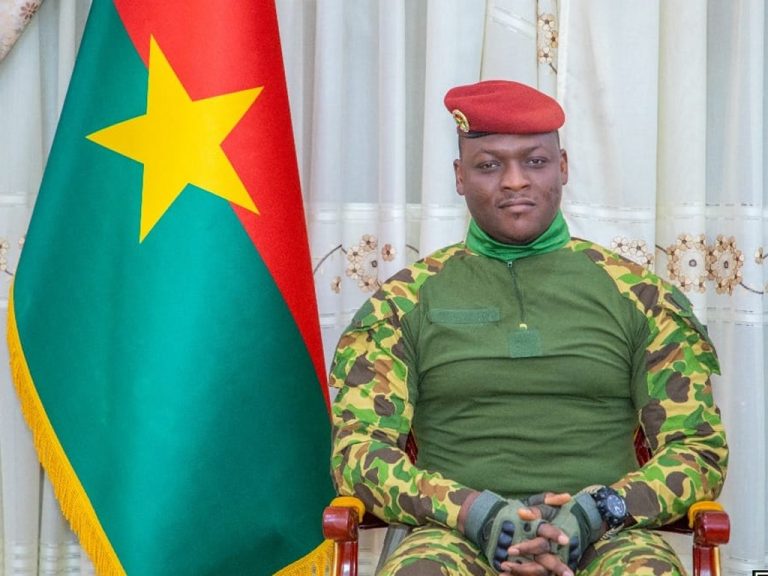
Under President Ibrahim Traoré’s leadership, Burkina Faso has embarked on a transformative journey to harness its youthful population for national growth. Recognizing the challenges posed by a rapidly expanding demographic, the government is prioritizing policies that turn these challenges into engines of progress.
A key focus is on equipping young people with skills tailored to market demands, fostering innovation, and encouraging entrepreneurship as pathways to economic self-reliance.
Major investments are being channeled into strengthening social services, including education, healthcare, and social protection systems.
The aim is to ensure that every citizen, particularly in underserved communities, has access to resources that empower them to contribute meaningfully to society.
In healthcare, the government is advancing ambitious projects to improve service delivery and accessibility.
These include upgrading medical infrastructure, introducing cost-effective solutions such as affordable kidney transplants, and expanding free healthcare programs for vulnerable populations.
Efforts to boost domestic production of essential medicines through FASO-PHARMA reflect a commitment to health sovereignty and reduced dependency on external supplies.
Additionally, the administration is championing social justice and workplace protections. Initiatives to empower women, combat gender-based violence, and promote gender equality are central to building a more inclusive society.
By addressing systemic inequalities and fostering resilience, Burkina Faso aims to create a future where all citizens can thrive.
This comprehensive strategy underscores the government’s vision of sustainable development, driven by a united and capable populace committed to shared prosperity.
Olivier TOE


